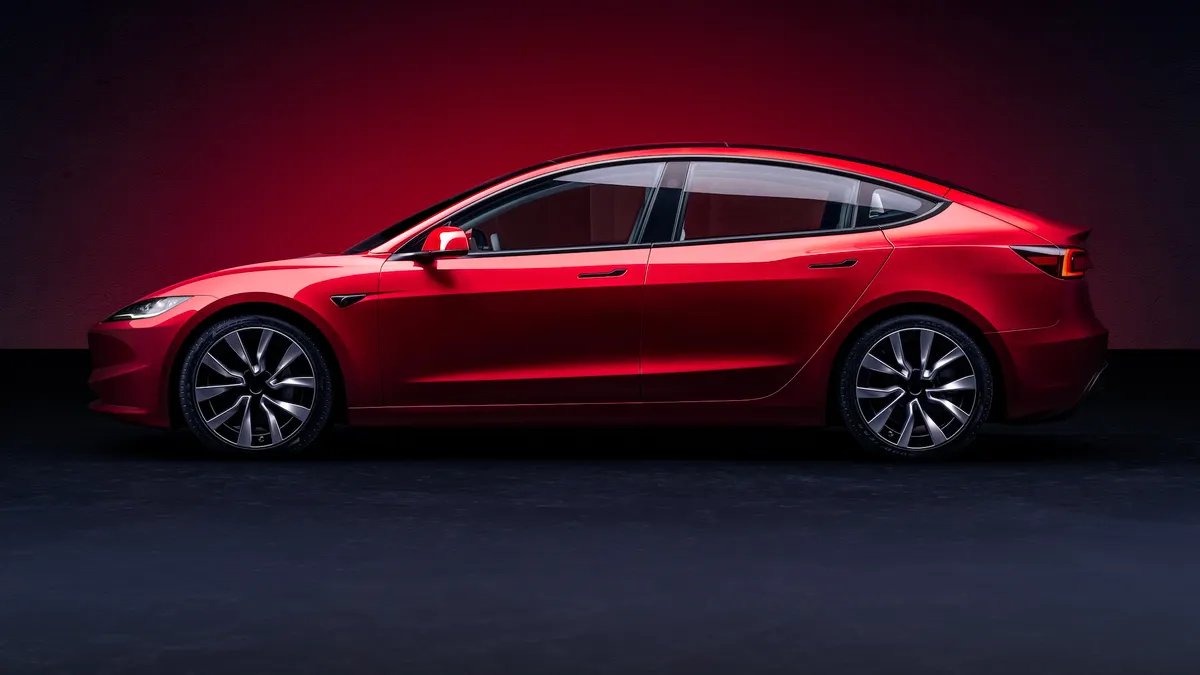Editor's note: This story is part of the WardsAuto digital archive, which may include content that was first published in print, or in different web layouts.
In a May study by Cox Automotive, 62% of car buyers said they were more likely to complete steps of their next purchase online because of COVID-19. Another 33% said they’d buy entirely online if possible.
Dealers for years have been wrestling with what digital sales should look like, says industry veteran Ron Frey, formerly with AutoNation and CDK Global. Their mindset, he says, has been “We need to Amazon-ize the business. Five clicks, check out and the car shows up.”
Amazon’s model, however, isn’t necessarily useful for dealers. “On our original platform you bought online, talked to nobody and got your car delivered,” says Michia Rohrssen, CEO of digital retailing platform Prodigy. Customers liked it, he says, “but they were only 1% of buyers. Carvana can build a business that way. Local dealers can’t.”
A much larger group of consumers wants a hybrid of digital and dealership experiences, Frey says. “You have to treat the virtual showroom the way you treat the real one. Customers start in self-service mode, but that turns into interactions with people when questions get complicated.”
Prodigy aimed its newer offerings at facilitating those interactions. “Our second product was all about interacting with humans during the process,” Rohrssen says.
Prodigy isn’t alone. Software providers such as CarNow, Tekion and others offer similar platforms. “No vendor is all the way there,” Frey says, “but these systems allow you to seamlessly walk through the sales process via different means of communication.”
Buying Time
“At first, we had a huge number of online customers because of COVID,” says Michael Winding, dealer principle of Gilroy Buick-GMC in Gilroy, CA. The store began using Tekion’s zero-contact sales platform in May. “Now we’re seeing a steady 10% using the system.”
Customers log on to Gilroy’s website and start out in self-service mode and then can initiate real-time communication with a salesperson via email, text and video. The entire deal can be done securely through the system.
“The customer’s in the driving position and they can see every fact of the deal,” says Winding (below, left). “They’re also where they feel comfortable, usually at home.” Profit on the transactions, Winding says, is 15% higher than on in-person deals. CSI scores are higher too.
The system makes converting on internet leads much easier, and people can buy whenever they want. On weekdays, Winding says, “Instead of saying ‘See you Saturday,’ we can ask, ‘What are you doing now?’ and follow customers immediately.”Finance & Insurance employees interact with customers at the end of deals, but there’s one primary point of contact per sale. Winding estimates that most zero-contact customers save two hours compared to traditional transactions. “You save lots of hours for salespeople, too,” he adds.
By 2022 Winding aims to have the salespeople handle entire transactions and have only one finance employee for quality control. “We’re not looking to cut employment, but these systems give you a chance to see where you could function just as well at lower cost.”
Modern Retailing
In Frey’s view, the systems enable a re-imagining of the sales process to make it more like experiences in other industries.
“We wanted to provide an online-to-offline experience that fits our model, which is making buying a car more like all the other things you buy,” says Jeremy Beaver, President of Del Grande Dealer Group, which operates 15 dealerships in the San Francisco Bay area.
The group adopted Prodigy’s communication technology in early 2020. Like similar systems, interactions go from self-service to interactive, but Del Grande doesn’t have salespeople. Instead, it has “product specialists” who are more like fulfillment agents. The group uses market-based, no-haggle pricing, Beaver says, so customer experience is Del Grande’s differentiator.
The group’s “specialists” are uniquely suited to guiding customers through the purchase process, Beaver says, and their pay is incentivized on CSI scores, not sales commissions.
The group originally intended to transfer customers from online to in-showroom transactions on iPads while keeping their journey intact. “They could just pick up in the store from where they left off,” Beaver says. COVID-19 prioritized moving it entirely online, though there was some reluctance.
The fear of losing F&I profits has been an historical impediment to online sales, Beaver says, because it can be hard to present those products digitally. However, he says, since system use began, “Our F&I margins have gone up, and customers are still buying those products.”
“When people go through our online process, they’re the same as in-store customers, if not better,” Beaver says. “That means that this is actually a scalable platform.”


















